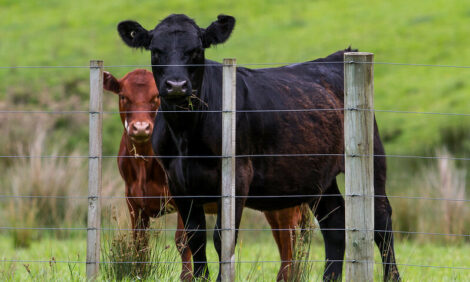



Australian Government report says global connectivity is better for ag, even in a pandemic
Despite the global economic shocks like those produced by the COVID-19 pandemic, agricultural sectors and economies overall are better off when exposed to international trade, the latest ABARES research paper shows.The research report, Understanding effects of supply disruptions on globally and locally focused economies, examines the effects of exposure to the global market on supply chains, and the risks and shocks of this exposure.
A key finding is that an interconnected open global trading system with global supply chains is better for Australian agriculture, the broader Australian economy and the world in terms of real gross domestic product, compared to a more localised world despite the risks of global supply shocks.
ABARES’ acting Executive Director Dr. Jared Greenville said that the results may be surprising.
“One of the many effects of the COVID-19 pandemic was that it opened the conversation around the risks of global trade and potential disruptions,” Dr Greenville said.
“Domestic protections like trade barriers or subsidies might sound appealing, especially in a crisis, because they encourage domestic production. But they actually make economies weaker and create longer run costs for the economy. There is a cost to moving to a protected economy, and it also comes at the expense of growth. Not only does protectionism prohibit growth and cost the government money, we’ve found that it doesn’t really protect that much.
“For Australia, protectionist measures would only marginally reduce the impact on GDP in a pandemic-like event, but they have the potential to cost the economy $1 trillion over 30 years. There are better insurance policies out there.
“Discussions regarding localising supply chains or ensuring local reserves of some products, should be assessed on a case-by-case basis. Growing local supply chains and production should focus on enhancing competitiveness with protectionist trade and domestic support policies avoided.
“Interestingly, Australia’s agriculture sector experienced fewer disruptions than other sectors during the COVID-19 pandemic. People still need to eat.
“Australia’s agriculture sector is export-orientated and heavily exposed to international markets, exporting around 70 per cent of agricultural produce.
“For Australia’s producers, exposure to global value chains proved to be better for market resilience.”


